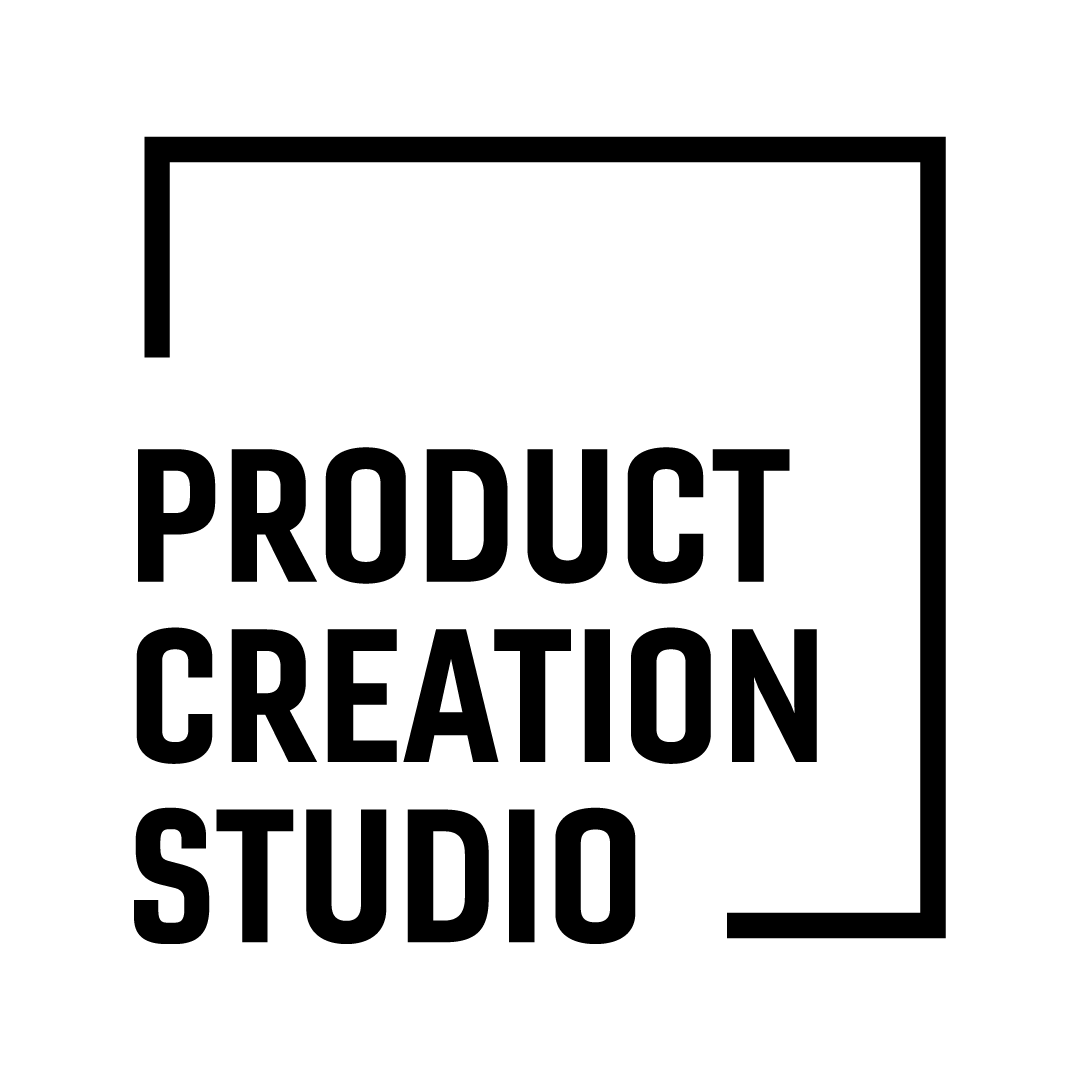Connected drug delivery products: trends for smart technologies
Product Creation Studio is pleased to bring you exclusive, on-going content by Heather Thompson, a senior editor for Medical Design & Outsourcing and former editor-in-chief of MD+DI magazine. With 15 years of experience covering medical devices and FDA regulations, Heather specializes in delivering the latest trends and news in the medical device industry.
According to a new report from Future Market Insights, the connected drug delivery device market is predicted to grow 25.6% 2015 to 2027, with a market value moving from $ 132.2 million to $ 134.7 million.
Leaders in the space include OPKO Health Inc., Bayer AG, 3M Company, West Pharmaceutical Services, Inc., and Teva Pharmaceutical Industries Ltd. These companies have healthcare products that aim to improve inhalers for asthma and chronic lung diseases, insulin injection processes for diabetes, treatments for Alzheimer’s, and emergency allergy therapies.
Companies looking to break into the drug delivery market in the next few years should consider both their technology and market entry strategies.
Here are some trends we’ve spotted over the last few months.
Compliance Boosters
The benefits of connected drug delivery are still being explored, but remote tracking and improved compliance are among the big ones. There is overwhelming evidence that these tools have a significant impact on the health of patients.
For example, last year, Propeller Health formed a strategic partnership with Express Scripts to provide digital solutions to Express Script members. In an early stage trial of the device, participating patients saw an 80% reduction in average rescue events daily and adherence improvements to asthma controller medication.
The device utilizes digital sensors within the inhaler that connect to a mobile app, allowing patients to wirelessly monitor their asthma and track activity remotely.
Similarly, etectRx‘s smart pill system is banking on improved compliance for better outcomes. The smart pill includes a capsule embedded with an ingestible sensor. Once the pill reaches the patient’s stomach, the sensor sends a signal to a battery-powered reader that is worn around the user’s neck. The reader then sends data to a smartphone via Bluetooth, that can be accessed by the patient and/or the physician. Doctors can then tailor therapy for real-world use, overcoming inaccurate patient reporting.
Perfect Medication Dosing
Smart medication delivery products improve safety as well, by removing the guessing game when it comes to dosing.
In July, Companion Medical won “first-of-its-kind” FDA clearance for the Android version of its InPen app. The company’s InPen system consists of a smart insulin injection pen that connects with an integrated diabetes management app, Insights by InPen, which aggregates and analyzes data. The system provides users with their average glucose, average total daily insulin dose, dose calculator usage, missed doses, as well as other information. It allows caregivers to monitor results as well.
Last month, Companion Medical announced a partnership with OneDrop, a developer of integrated digital therapeutics solutions for people with diabetes. The companies have integrated their platforms so that data from both devices are available real-time in both apps, allowing users to view a more complete and useful set of data in their app of choice. The companies will now ship a One Drop | Chrome Bluetooth blood glucose meter with each eligible Companion Medical InPen™ at no additional cost to the user.
Partnership Paths
Such partnerships are another trend that can spell success for drug-delivery businesses. In some cases, companies are looking toward partnerships that take advantage of known products on the market and pair them with digital technology experts.
For example, in January, New Zealand-based Adherium Ltd., which sells a smart inhaler technology in Europe and Australia, jumped into the direct-to-consumer U.S. market with its Smartinhaler by combining the technology with AstraZeneca’s well-known Symbicort inhaler. The product installs directly onto a patient’s inhaler to monitor and boost medication adherence. It records the time and date that a patient uses their inhaler and transmits the data to an app on the user’s phone or tablet. Users and physicians can track COPD or an asthma patient’s medication usage patterns.
Likewise, in September, Mellitus Health and Smart Meter announced a deal to combine real-time blood glucose data with insulin titration technology. The partnership will enable healthcare providers using Mellitus Health’s Insulin Insights titration service to gain access to real-time patient data from Smart Meter’s iGlucose Cellular Diabetes Care solution.
Bold Market Moves
Companies with bold market plans are going to capture market share and build branding quickly.
DarioHealth made a splash earlier this year by putting it’s Dario blood glucose monitoring system on the Amazon marketplace. The company’s blood glucose monitor syncs with Dario’s diabetes management app, and connects via a headphone jack to a mobile device. The app helps monitor blood glucose throughout the day and also records carbohydrate intake, insulin use, and physical activity.
Building Better Connected Drug Delivery Devices
As connected drug delivery products gain ground in the healthcare industry, product developers hoping to reach the market will need to watch out for a few pitfalls:
They need to watch product costs and ensure they don’t make imperfect interfaces and software the enemy of good product.
The user experience should be simple and intuitive, with a market plan for wide adoption.
Most importantly, developers should ensure users can understand the data easily and are given action items based on the information collected.
Paths for reimbursement should be explored by using real-world data to prove the value.

